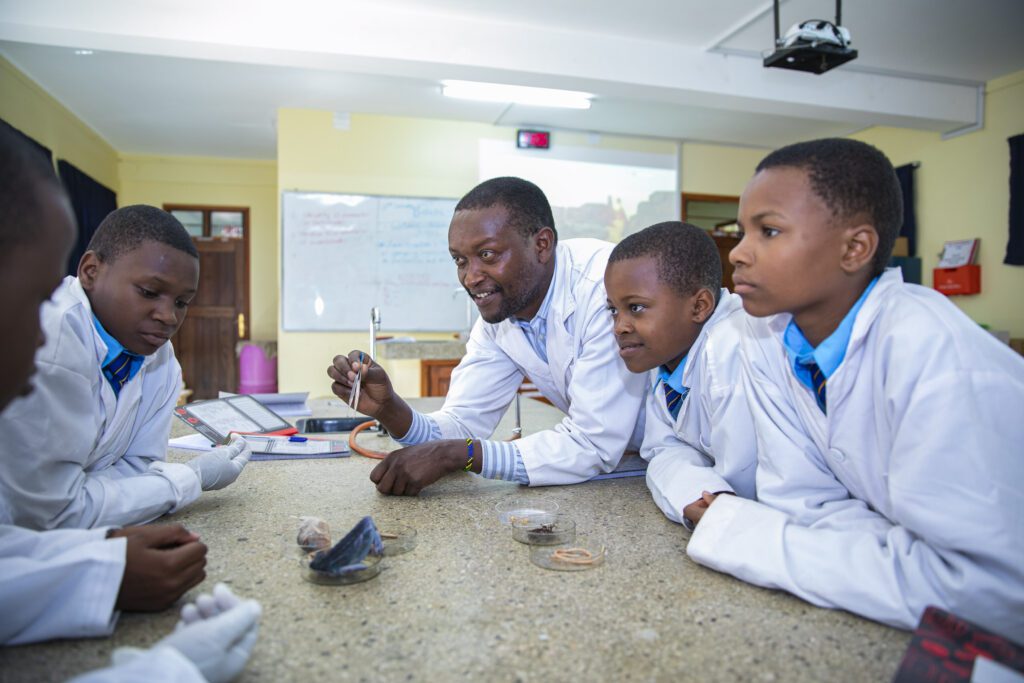
At St Jude’s Girls’ Secondary School, a new construction project is in the works. Everyone on campus is excited about the new project, especially Mr Elimringi, the Headmaster.
“A new biology laboratory is under construction at the school!” declares Mr Elimringi. “These are exciting times for my students,” he adds enthusiastically.
Although St Jude’s Girls’ Secondary School was only opened in 2020, it has grown rapidly by enrolling highly motivated female students with an interest in science subjects. It soon became apparent that an expansion of infrastructure was necessary to accommodate the rising number of students.
“We started off with two science laboratories; one for physics and the other for chemistry and biology,” explains Mr Elimringi. “However, in order to meet the academic requirements of our growing number of students, an independent biology laboratory was necessary,” he continues.
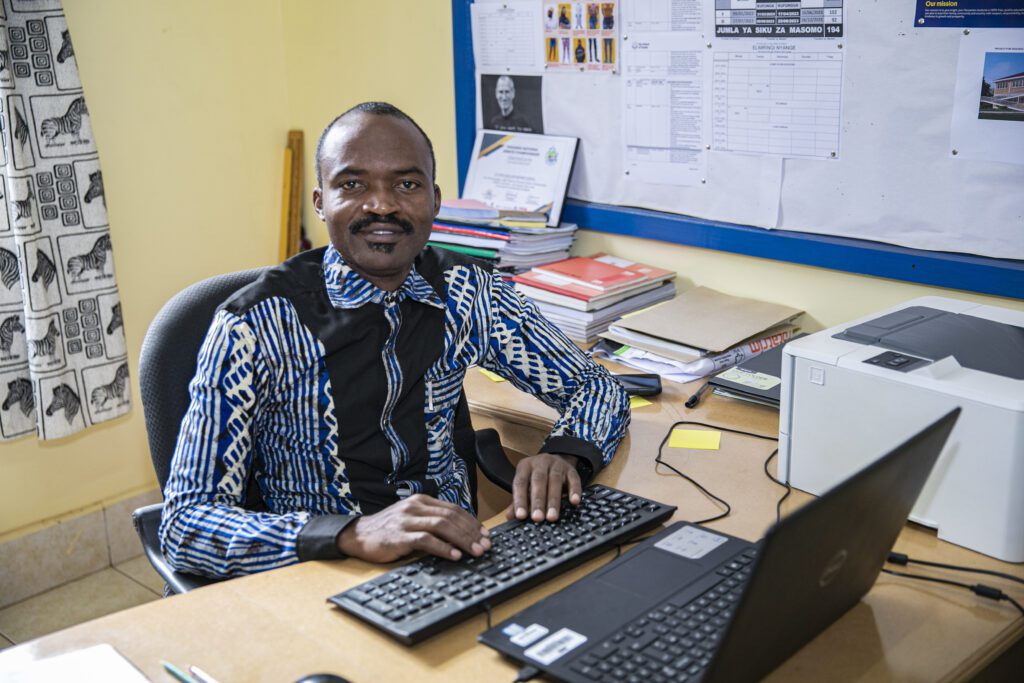
His sentiments are echoed by Mr Lowassa, a Biology Teacher and Head of Chemistry and Biology Departments at St Jude’s Girls’ Secondary School.
“Biology is the kind of subject that requires plenty of practice to master it effectively,” he says. “With the new laboratory, students will be able to perform frequent practical sessions and develop a deeper interest in the subject,” he adds.
In Tanzania, there are two key stages to secondary schooling, the first four years of secondary school are called Ordinary Level (O Level) studies; from Form 1 to Form 4 and the final two years of secondary school are called Advanced Level (A Level); Form 5 and 6.
Unlike physics and chemistry which become optional for the latter half of O Level education, the Tanzanian curriculum requires biology to remain a core subject for the entire duration of O Level secondary education. This means all students at St Jude’s Girls’ Secondary School must take biology.
Although it’s a compulsory subject, it’s clear that students at St Jude’s Girls’ Secondary School love biology – the 2022 Form 4 class recently received an overall grade of A in their national examination results!
“The new laboratory will not only improve our academic performance as a school,” says Mr Lowassa. “But it will also spark and renew interest in the subject, especially with new students joining us every year,” he adds.
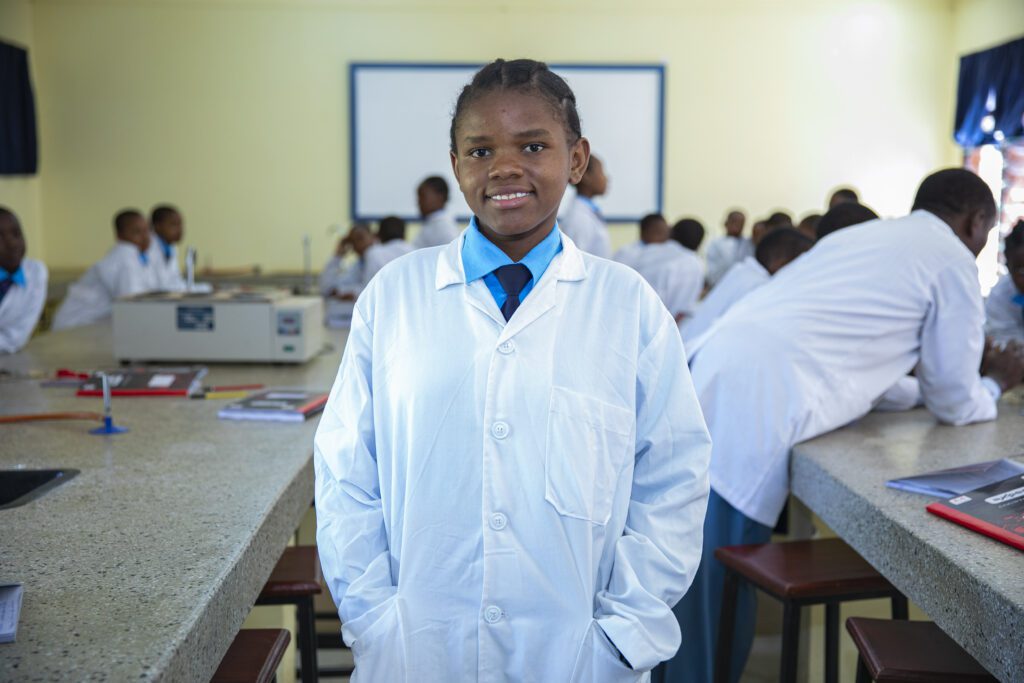
Salome is the school’s Head Girl and one of its top biology students. Her love for biology dates back to a practical session she had when she was in primary school.
“Our teacher introduced us to food tests, a series of experiments to determine different food types,” she recalls. “The experience captured my interest immediately, although I didn’t fully understand the theory behind it at the time,” she adds.
Now, Salome hopes to pursue a career as a doctor and specialise in women’s and children’s health.
The new biology laboratory will be one of a kind, bigger and better than the current shared biology and chemistry lab. It will have the capacity to host 60 students at a single session with spacious working spaces and modern equipment. Furthermore, the laboratory will be equipped with improved technology for specimen preservation and storage, a ventilation system and an extra-large projector.
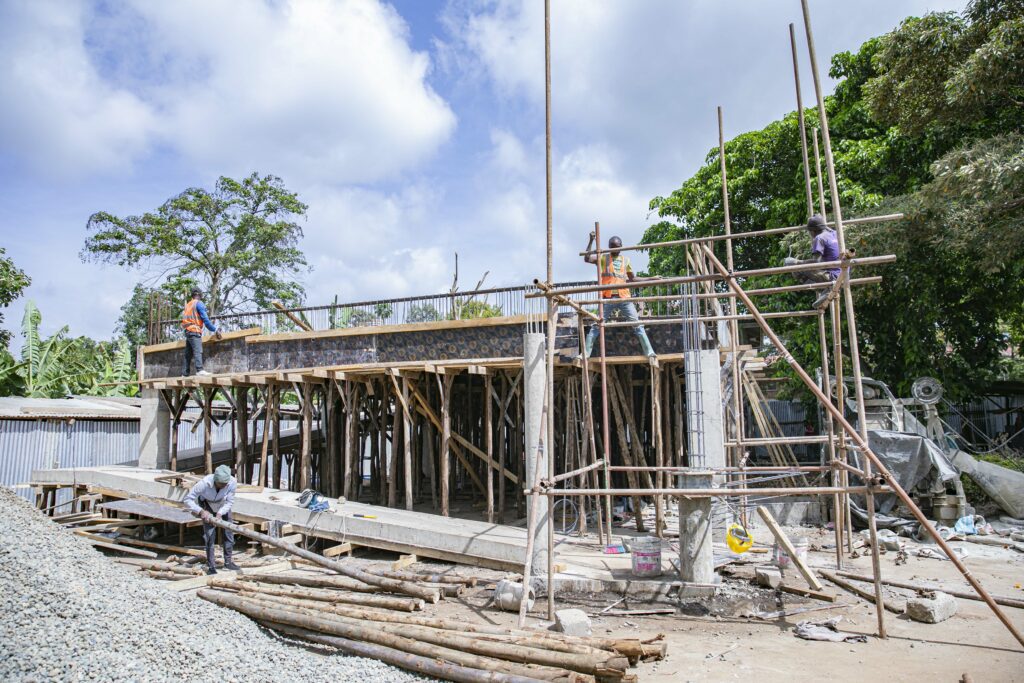
The project is fully funded through generous donations from the school’s international supporters. Expected to be completed later this year, the new biology laboratory is a timely and important addition to the thriving and vibrant science culture at St Jude’s Girls’ Secondary School.
Your support enables The School of St Jude to build modern infrastructure to facilitate the best academic performance for Tanzania’s future leaders. Donate today!

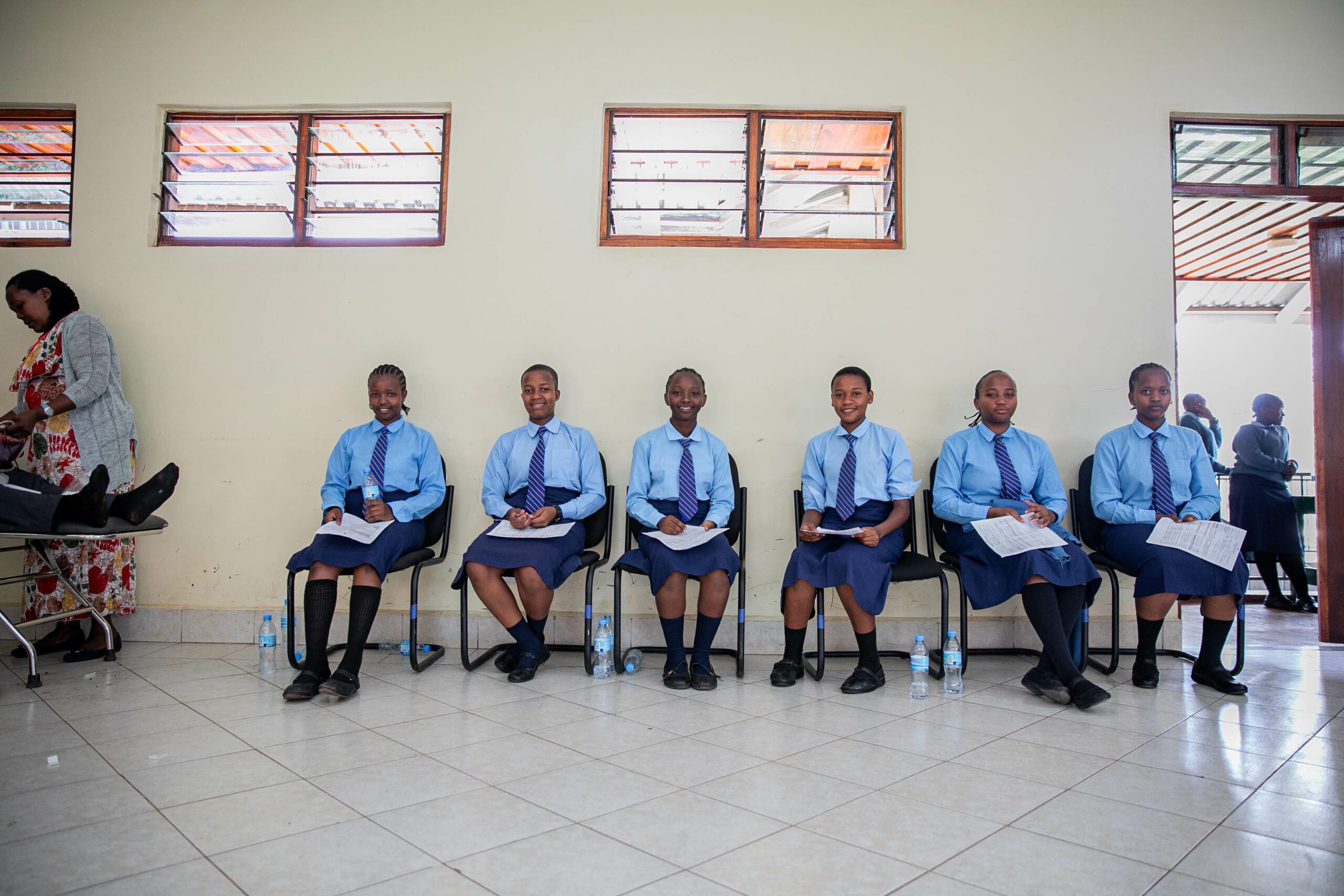
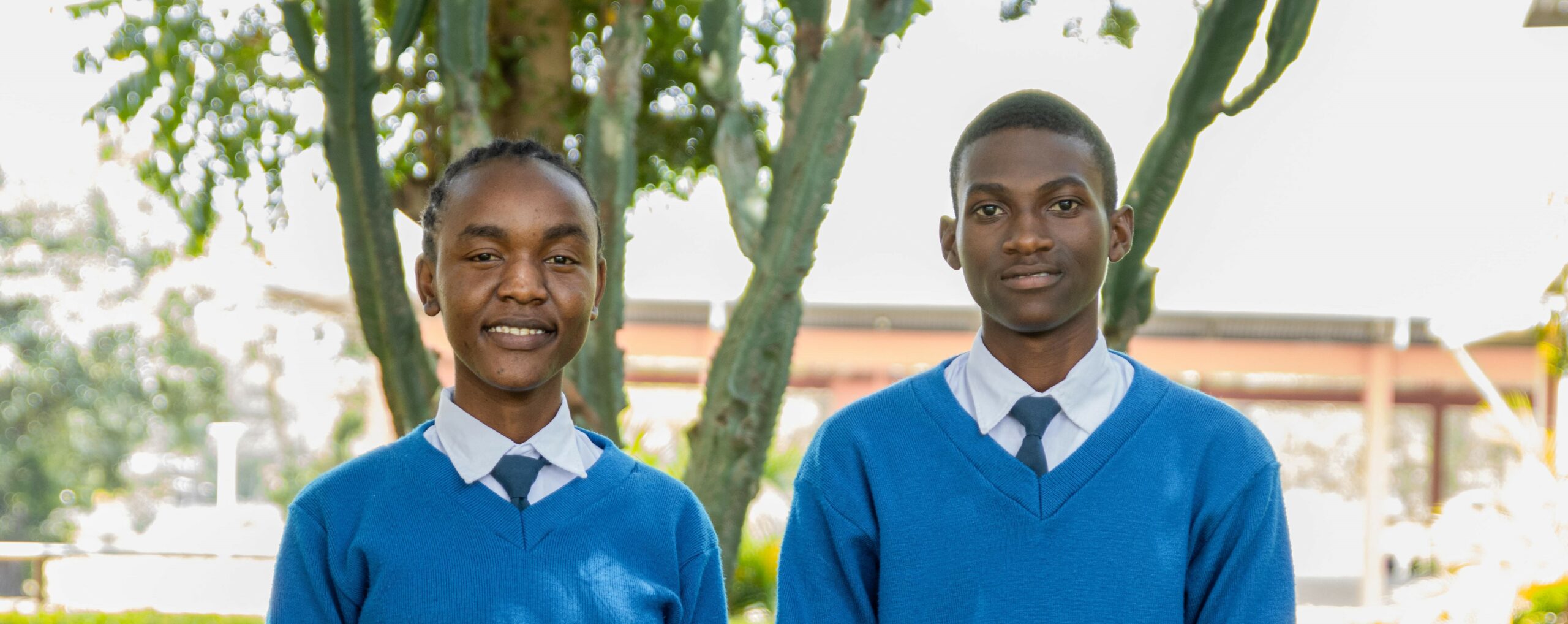
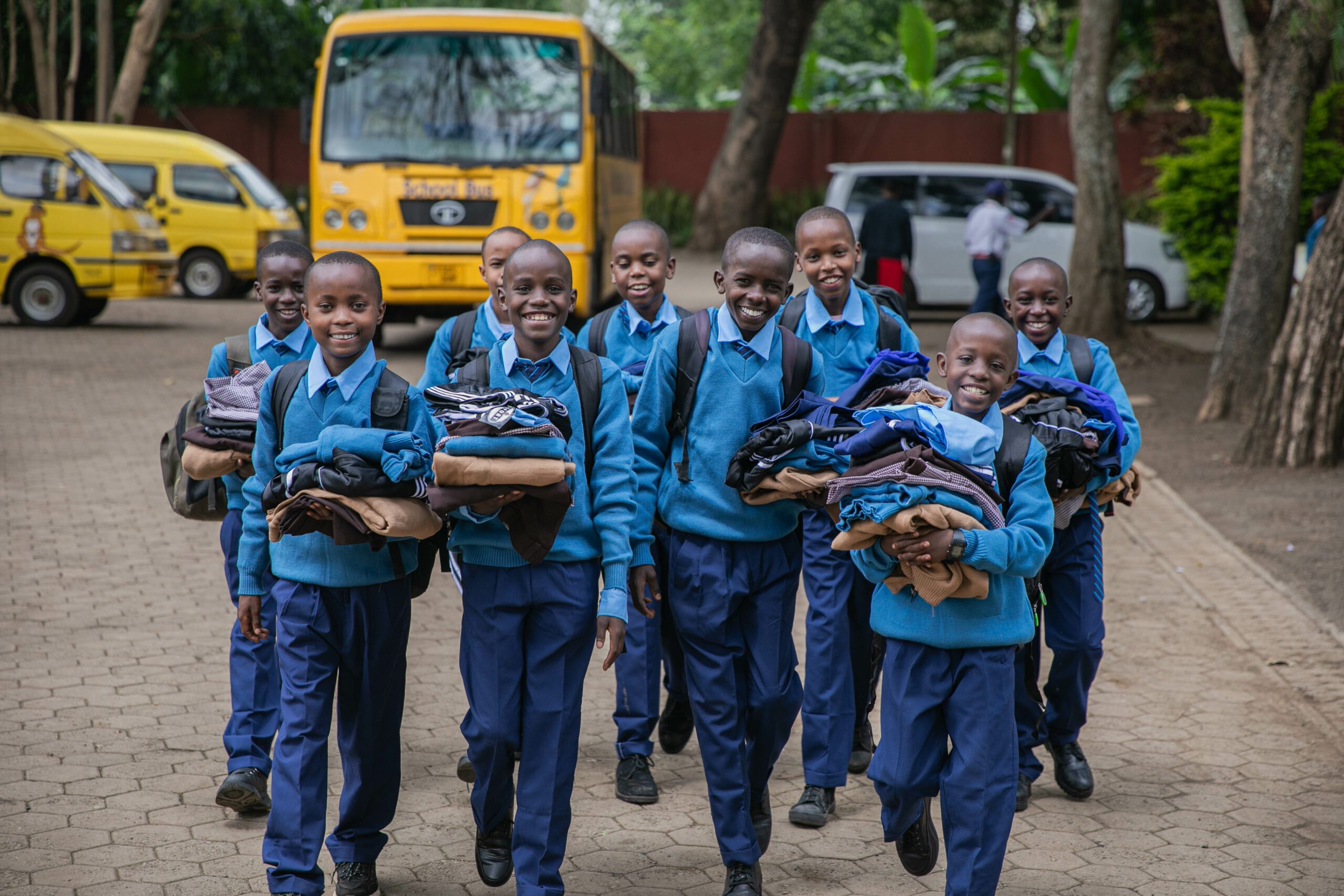
Replies